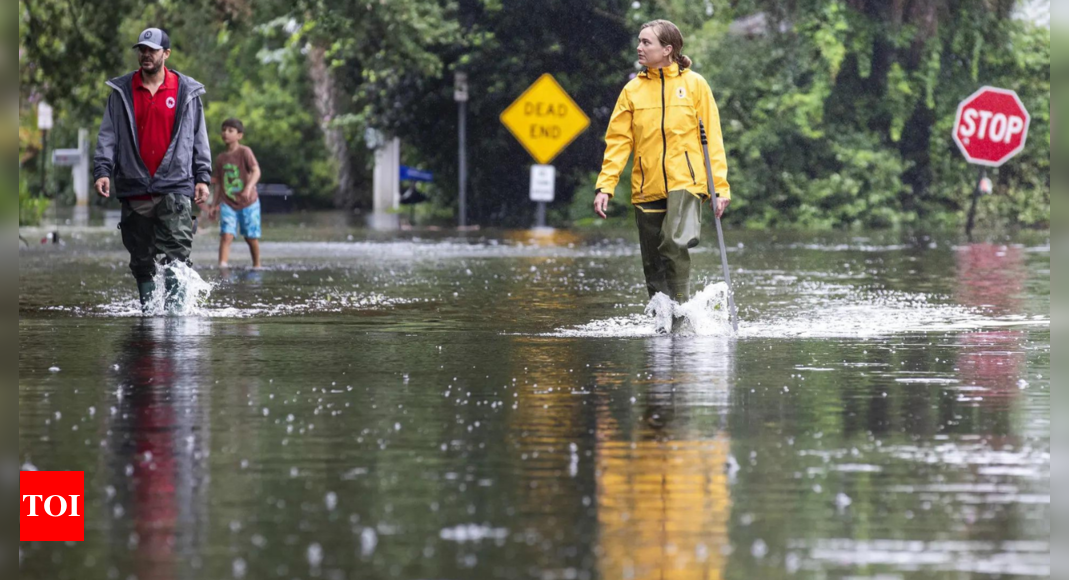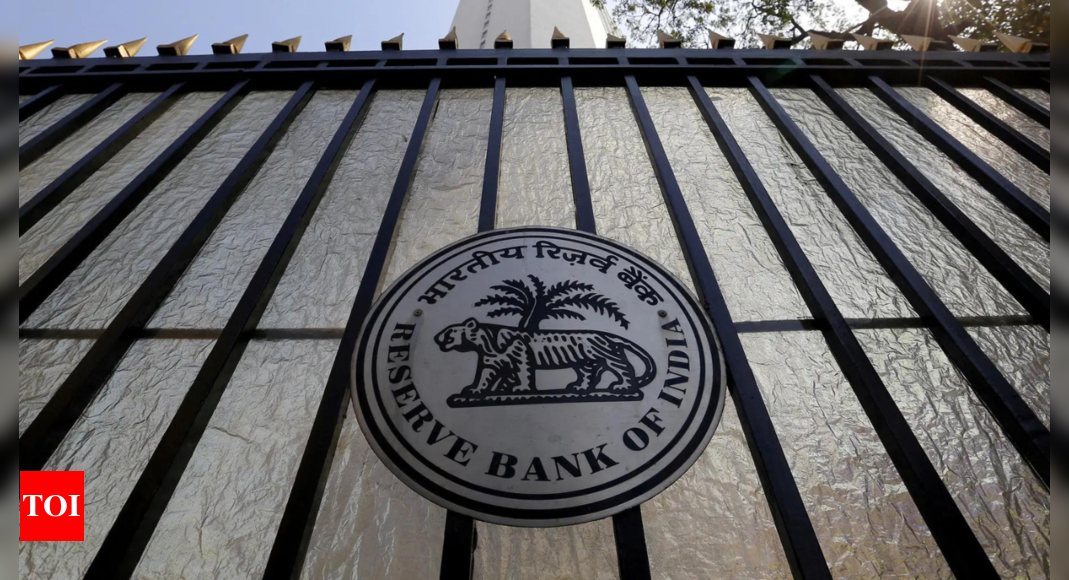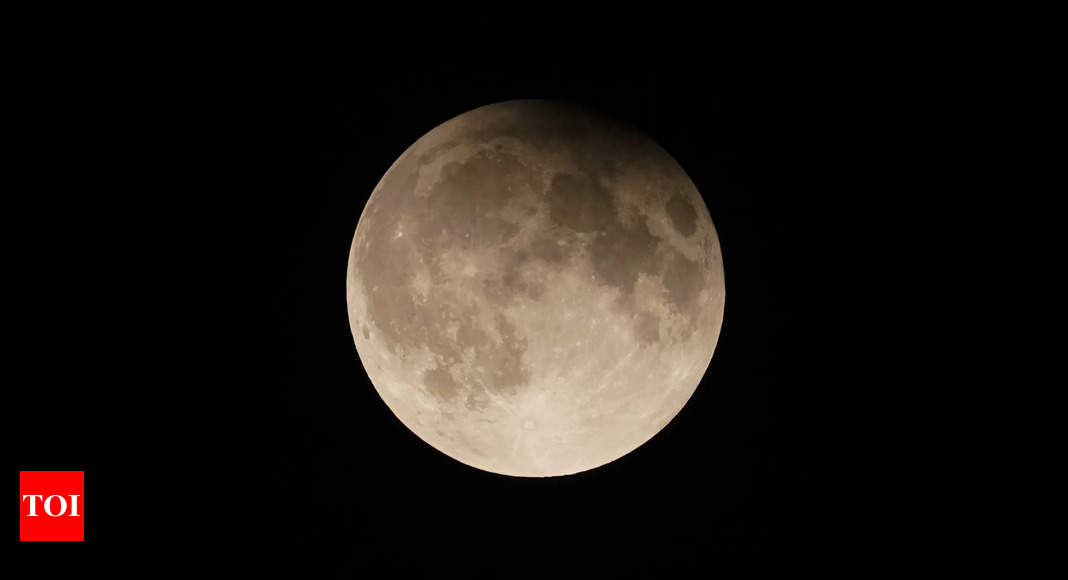
The National Hurricane Center cautioned that some locations could experience up to 25 inches (64 centimeters) of rain from the storm, while the National Weather Service verified the occurrence of four tornadoes near Charleston, as reported by AP.
In Huger, South Carolina, approximately 15 miles (24 kilometers) northeast of Charleston, resident Gene Taylor awaited the recession of floodwaters from French Quarter Creek following high tide. The slow movement of the storm across the region heightened worries about additional flooding and potential damage.
In Georgia’s Bulloch County, officials reported the breach of four dams, although no fatalities were recorded. Over 75 individuals were rescued from floodwaters, and approximately 100 roads were closed. “We’re facing challenges we’ve never seen before,” said Bulloch County Commission Chairman Roy Thompson. “It’s incredible what has happened and what will continue until these waters recede.” Residents on Tappan Zee Drive experienced a familiar situation as Debby inundated their homes, similar to the flooding caused by Hurricane Matthew in 2016 when it overflowed a nearby canal.
Impact of storm
The impact of Debby extended as far north as the Great Lakes region and parts of New York and New Jersey. The storm’s moisture intensified another weather system, resulting in severe thunderstorms. Some areas in New Jersey received up to 6 inches (15 centimeters) of rain within a four-hour period. In New York City, authorities warned of potential flash flooding and employed drones equipped with loudspeakers to alert residents in basement apartments to prepare for rapid evacuation. Multiple water rescues were reported in the city and its surrounding areas.
Severe storms left nearly 330,000 customers in Ohio without power as of Wednesday afternoon. FirstEnergy’s Illuminating Company announced on social media that power restoration could take days due to extensive damage. In South Carolina, Governor Henry McMaster compared the situation to “Act 2 of a three-act play,” noting that over 60 homes were damaged, although roads and water systems remained largely unaffected.
At least six people have lost their lives due to the storm, with five deaths occurring in traffic accidents or from fallen trees. The sixth victim, a 48-year-old man in Gulfport, Florida, was found after his anchored sailboat partially sank. States of emergency were declared in North Carolina and Virginia, while Maryland issued a state of preparedness to coordinate efforts without declaring an official emergency.









